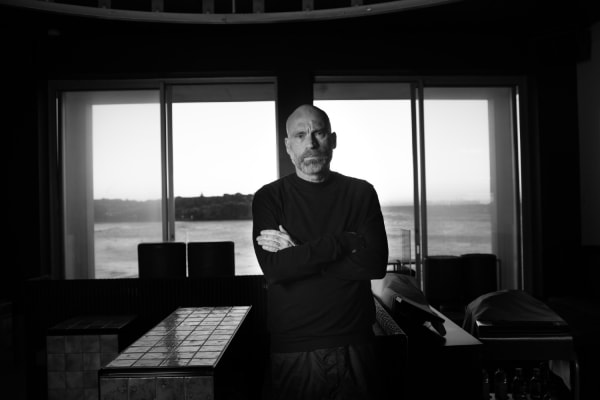Legends and Trailblazers 2024: Sustainability Champions

2024 Legends Duncan and Jan Thompson, Murray River Salt
Duncan and Jan Thompson tackled a pressing environmental problem head-on by creating a cult gourmet product. As Australia’s only producers of pink salt, they’re helping address the detrimental influence of salinity in the Murray Darling Basin – and doing it in a way that’s creative and economically viable, too. Reaching their quarter-century milestone this year, their blushing gourmet salt flakes have reached the status of essential pantry item, reached for by home cooks and top-flight chefs. Today, by harvesting the salt at the Mourquong mitigation site, they assist in preventing 200 tonnes of saline water from entering the Murray River every day. It’s the real deal: all-natural, sustainable and delicious.
“What really gets me on my feet, applauding wildly, is that Murray River Salt is just so damn good,” says food writer Michael Harden. “It’s the kind of salt you’d use even without all the impressive environmental credentials, which is why it and its creators are Sustainability Legends: we can’t get enough of a product that’s helping to keep our main waterway healthy.”

2024 Trailblazer Ninna Larsen, Reground
While other people sit around talking about closing the loop, Ninna Larsen actually does it. Case in point: the coffee grounds she saw thrown into the rubbish bin while working as a barista at a café in Brunswick. When they go into landfill, coffee grounds produce methane, an environment hazard, but used in gardens they’re a nutrient-dense wonder. “My Danish background made me really interrogate what’s possible in using waste as a resource,” says Larsen. “I just thought that I could do something here, and the model I created is the one we still use today.”
The system is simple. Reground collects spent coffee grounds from Melbourne cafes and repurposes them for community and home gardens. After launching in 2014, the social enterprise now collects coffee grounds from 569 sites around the city. It’s upscaling rapidly while generating conversations about the circular economy, from farm to cup and back into the soil.
As Ninna says, “Who doesn’t like to talk about coffee? It’s a good pathway to talk about heavier things like climate change.”



